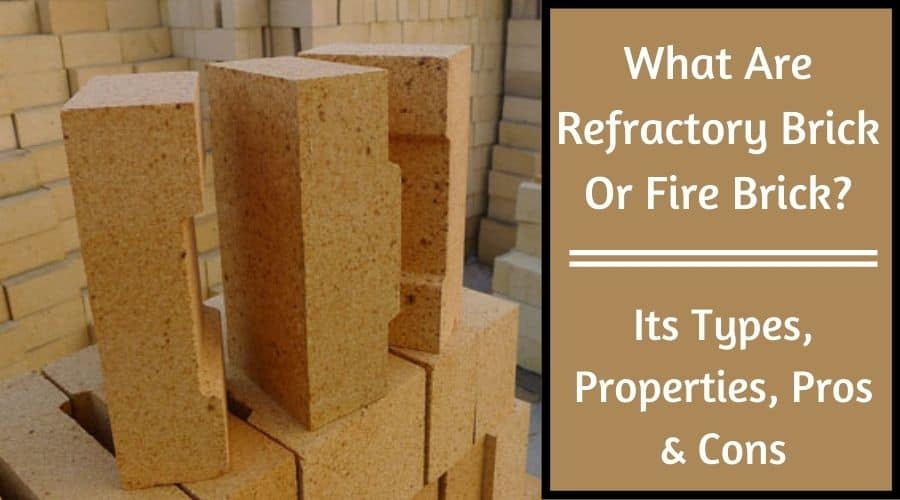China Refractory Brick Industry is thriving at present with its production of high-quality refractory materials being used in various industries such as steel, cement, glass, and ceramic. One of the most important refractory materials is silicon carbide (SiC) bricks. These bricks are essential in building high-temperature furnaces, kilns, and incinerators, and for lining of the surfaces that come into contact with corrosive materials. Let's dive deep into the world of SiC bricks, their types, features, and applications.

What Are SiC Bricks?
Silicon Carbide Refractory Bricks, popularly known as SiC Bricks, are made from silicon carbide crystals that are bonded through a high-temperature process. These bricks are known to be the most durable, efficient, and cost-effective refractory materials available in the market due to their exceptional thermal shock resistance, high thermal conductivity, low thermal expansion coefficient, and high chemical resistance.
Types of SiC Bricks
Based on their porosity level, SiC bricks are classified into two categories - low porosity refractory bricks and high porosity refractory bricks.
Low Porosity Refractory Bricks - These bricks are made by using high-quality silicon carbide and formed by pressing, drying, and firing. They offer excellent resistance against high-temperature, corrosion, and erosion.
High Porosity Refractory Bricks - These bricks are manufactured from high-quality raw materials and contain a large number of connected pores, resulting in low thermal conductivity and good insulation properties.
Features of SiC Bricks
1. High Temperature Resistance - SiC bricks can withstand temperatures up to 1700°C or higher, making them suitable for high-temperature applications.
2. High Thermal Conductivity - SiC bricks have excellent thermal conductivity, which makes them useful in heat exchangers, furnaces, and kilns.
3. Low Thermal Expansion Coefficient - SiC bricks have low thermal expansion coefficient, which means they don't expand or contract much when exposed to high temperatures or rapid temperature changes.
4. High Chemical Resistance - SiC bricks are resistant to acids, alkalis, and other corrosive materials, making them suitable for applications in harsh environments.
Applications of SiC Bricks
1. Steel Industry - SiC bricks are used to build high-temperature furnaces, converters, electric arc furnaces, and ladles in the steel industry.
2. Cement Industry - SiC bricks are used to line the rotary kilns used for producing cement.
3. Glass Industry - SiC bricks are used to build furnaces, tanks, and other equipment used in glass production.
4. Ceramic Industry - SiC bricks are used to build kilns used in the production of ceramics.
Conclusion
In summary, the China Refractory Brick Industry is thriving, and SiC bricks play a pivotal role in the success of this industry. These bricks offer a host of benefits compared to other refractory materials, including high temperature resistance, high thermal conductivity, low thermal expansion coefficient, and high chemical resistance. With their diverse applications across various industries, SiC bricks are an essential component in the manufacturing process of high-temperature furnaces, kilns, and incinerators.